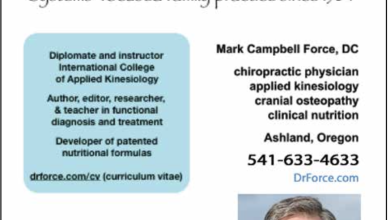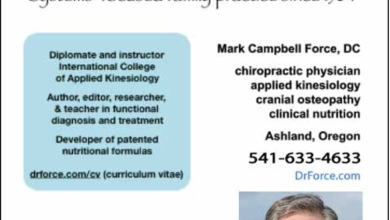Genetics, Methylation, and Why You Or Someone You Know Can’t Get Well
Methylation dysfunction can result in a huge range of health problems because of the basic way the problem affects cellular functions. Cell division and the manufacture of proteins with each cell depends on methylation. Because of this, tissues that rely on a high rate of turnover suffer and your ability to repair and recover is diminished. Tissues that are sensitive to this effect are the linings (squamous cells) of the sinuses, throat, esophagus, intestines, and lungs, bone marrow, white and red blood cells, and nerve tissue.
Low methylation predisposes you to heart disease because it impairs the production of CoQ10 (protective to the heart) and leads to high homocysteine levels in your blood, causing inflammation and damage to the heart and blood vessels.
Fatigue is a common symptom associated with methylation because the process is necessary for producing CoQ10 and carnitine, both essential for producing energy in the mitochondria within every cell of your body.
Your mood is affected by methylation deficiency due to many of your brain neurotransmitters needing methylation for production. Serotonin, dopamine, epinephrine, norepinephrine, and GABA all depend on this process. Low dopamine levels are associated with poor concentration, impaired memory, disorganization, and ADD.
Your ability to handle stress, control blood sugar and regulate both your immune response and inflammation depend on cortisol, a hormone produced by your adrenal glands, and cortisol production depends on methylation.
Normal regulation of your immune system depends on methylation. Without optimal function of this system, you may be prone to either poor resistance to infection or an overstimulated immune response may lead to inflammation, allergies, or autoimmune diseases, such as lupus, MS, or rheumatoid arthritis.
Impaired methylation can lead to high histamine levels. This, especially when combined with an overstimulated immune response, will result in allergic reactions, irritable bowel syndrome, migraines, and severe insomnia.
Glutathione, the major antioxidant in your body, depends on methylation for production. It acts as an antioxidant and preserves the activity of other antioxidants and controls levels of nitric oxide, an enzyme essential to cardiovascular function, hormone regulation, and cell repair. Glutathione also breaks down environmental chemicals, including carcinogens, estrogen mimics (xenobiotics), and toxic metals (mercury, lead, arsenic) so they can be eliminated from your body.
Because methylation controls optimal cell division and regulation and inflammation, impaired methylation has been associated with the development of many degenerative diseases (heart disease, osteoarthritis, osteoporosis, diabetes, dementia) and accelerated aging.
Even cancer has been shown in research to be a methylation imbalance where hypomethylation can lead to chromosomal instability and increased mutation rates.
How to solve methylation dysfunction? Good health history, records reviews, exams, and labs, including genetic testing paint the picture of what genetic patterns need to be addressed. Good news is that the involved enzymes, in most cases, can be normalized with targeted clinical nutrition. And, the change in health is usually dramatic.



